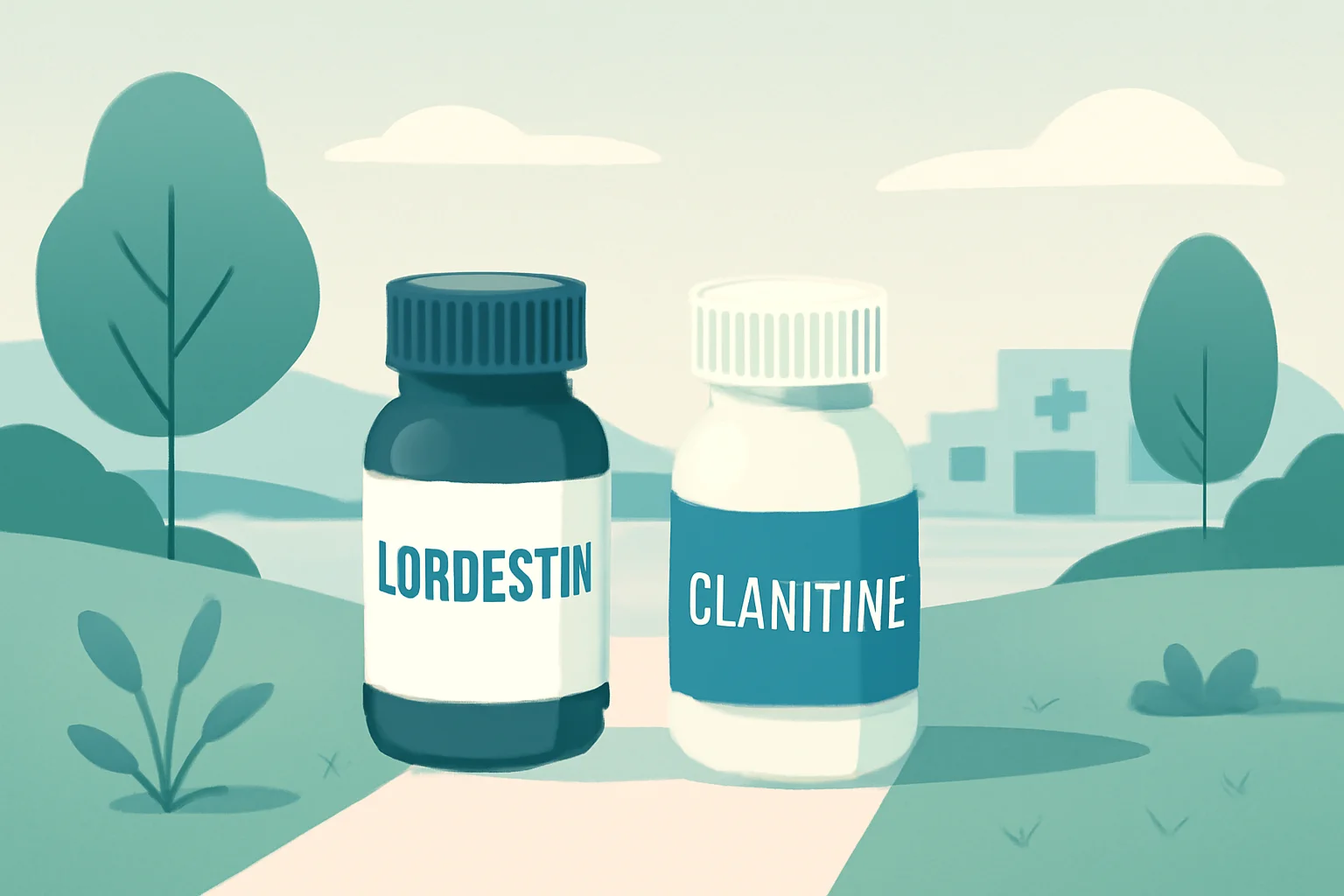
The Beneficial Effects of Artichokes on Our Health and Well-Being
The artichoke, this special vegetable, is not only delicious and versatile but also has numerous beneficial effects. In recent years, it has gained increasing popularity, playing an important role not only in gastronomy but also in healthy living. As an essential part of Mediterranean cuisine, the artichoke is rich in nutrients, vitamins, and minerals that are essential for optimal health maintenance.
Consuming the leaves and heart of the artichoke not only enhances culinary pleasures but can also contribute to the prevention of various health issues. It contains valuable antioxidants that can help protect cells and reduce inflammation. The artichoke is also popular among dieters, as it is low in calories yet rich in fiber, contributing to a feeling of fullness. Thus, the artichoke is not just a tasty dish but a true superfood that has numerous positive effects on our health and well-being.
The Nutritional Content of Artichokes
Thanks to its outstanding nutritional content, the artichoke is worth incorporating into our diet. A medium-sized artichoke contains about 60 calories while being rich in fiber, vitamins, and minerals. Key vitamins include vitamin C, vitamin K, and B vitamins such as folate and riboflavin.
Vitamin C is a powerful antioxidant that helps support the immune system while also contributing to skin health. Vitamin K plays a role in blood clotting and bone health, while B vitamins assist in energy production and the normal functioning of cells.
In addition, the artichoke is rich in minerals such as magnesium, potassium, and iron. Magnesium helps maintain proper muscle function and reduces stress, while potassium plays an important role in cardiovascular health. The iron content of the artichoke contributes to blood formation and the transport of oxygen in the body.
The fiber content is also remarkable, as a medium artichoke contains about 7 grams of fiber. Fiber helps regulate bowel function, promotes a feeling of satiety, and can also contribute to weight loss. A fiber-rich diet can reduce the risk of heart disease and diabetes.
The Role of Artichokes in Digestion
One of the most important beneficial effects of the artichoke is its positive impact on the digestive system. It is rich in inulin, a prebiotic fiber that helps maintain the health of the gut flora. Inulin nourishes beneficial gut bacteria that assist in nutrient absorption and the elimination of waste.
Consuming artichokes also stimulates liver function, as it promotes bile production. Bile acids play a crucial role in the digestion of fats, so regular consumption of artichokes is recommended for maintaining the health of the liver and gallbladder.
Additionally, artichokes can help alleviate symptoms of bloating and heartburn. The leaves and heart of the artichoke are particularly rich in a compound called cynarin, which may help improve stomach function and reduce inflammation.
Fiber also contributes to regulating bowel movements, thus helping to prevent constipation. A fiber-rich diet that includes artichokes promotes regular bowel movements, which is essential for healthy digestion.
The Antioxidant Effects of Artichokes
Thanks to its high antioxidant content, the artichoke can help protect cells and reduce inflammation. Antioxidants, such as flavonoids and polyphenols, prevent damage caused by free radicals, which can contribute to the development of chronic diseases.
Research indicates that artichokes are among the vegetables with the highest antioxidant content, making them particularly beneficial for cardiovascular diseases and cancer prevention. Antioxidants help reduce inflammatory processes and may contribute to cellular regeneration.
Moreover, artichokes support liver function, which also plays an important role in maintaining antioxidant protection. The liver is the body’s main detoxifying organ, and artichokes can help regenerate liver cells and facilitate detoxification processes.
Regular consumption of artichokes may also reduce the risk of heart disease. The combined effects of antioxidants and fiber contribute to lowering cholesterol levels, positively influencing cardiovascular health.
Overall, the artichoke is not only a delicious vegetable but also a truly nutritious food with numerous beneficial effects.
Artichokes and Weight Loss
Due to its low calorie content and high fiber content, the artichoke can be an ideal choice for those on a diet. The fiber helps maintain a feeling of fullness, thus reducing the desire to snack between meals.
Additionally, the artichoke is a water-rich vegetable, contributing to hydration. Proper hydration is essential for weight loss, as it aids in detoxification and nutrient absorption.
Regular consumption of artichokes can also support fat burning. The compounds found in artichokes may stimulate metabolism, contributing to calorie burning. Moreover, artichokes can help regulate blood sugar levels, which is also important for weight loss.
The preparation of artichokes is extremely versatile, allowing them to be incorporated into the diet in various ways. They can be consumed raw in salads, steamed, grilled, or even in soups. Their flavor pairs particularly well with Mediterranean spices, enhancing the culinary experience.
Overall, the artichoke is not only tasty and nutritious but can also play a key role in weight loss.
**Warning:** This article does not constitute medical advice. Always consult your doctor or healthcare professional regarding health issues.

